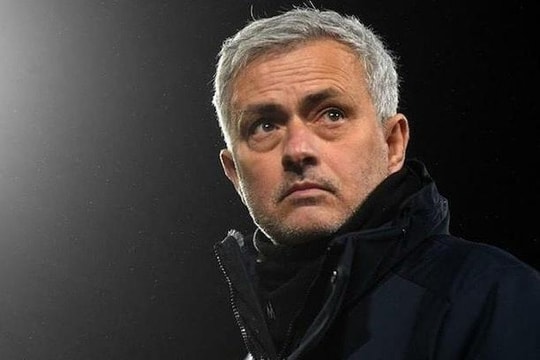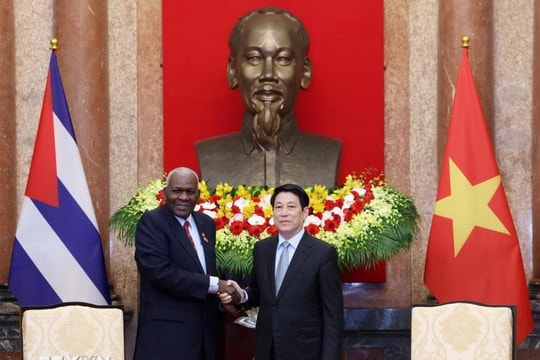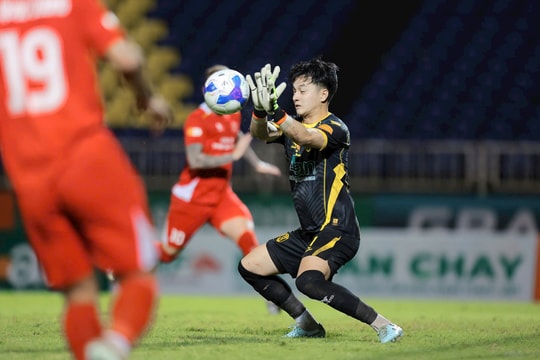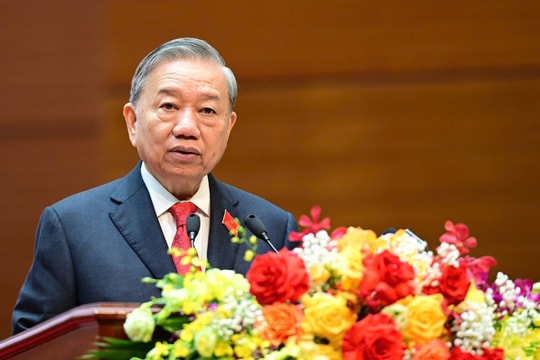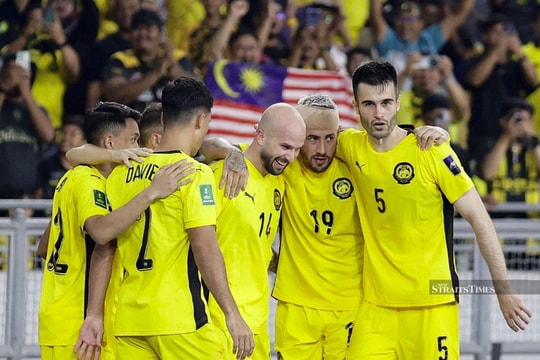Why does FIFA want to shorten the World Cup cycle?
To change the balance of power with UEFA and meet the needs of young audiences, FIFA wants to hold the World Cup every 2 years.
Based on the proposal of the Saudi Arabian Football Federation in May 2021, FIFA began to study the practicality of organizing the World Cup every 2 years, instead of the 4-year cycle as before. Continental championships such as Euro, Copa America or Asian Cup will be played in alternating years. FIFA assigned the research direction to Arsene Wenger - a former coach who is currently FIFA's Director of Global Football Development. FIFA said that 166 out of 210 member national federations supported the research.
Wenger told the newspaperL'Equipe(France) said last weekend that FIFA is not only planning to shorten the World Cup cycle, but also change the international schedule to suit all tournaments. Wenger said that there will be more major tournaments, but fewer international breaks so as not to affect club competitions. Teams will also have more opportunities to participate in the World Cup.
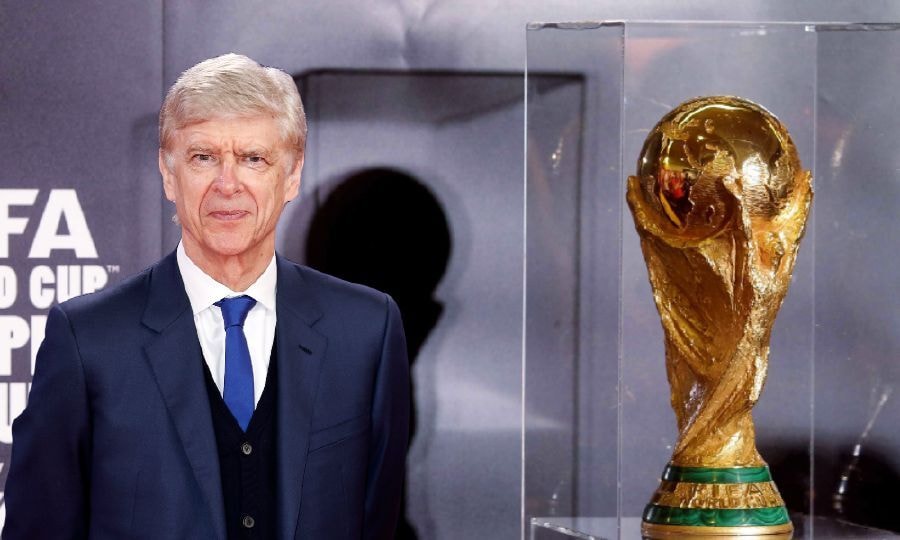 |
| Wenger is an important figure in FIFA's goal of expanding the World Cup. Photo: AFP |
FIFA President Gianni Infantino has long wanted a larger World Cup. The 2026 World Cup in North America will be the first to feature 48 teams. He also wants international matches to have greater financial and commercial power compared to club level.
The biennial World Cup also ensures continuity for national team football, with major tournaments taking place every year.
Another view of FIFA is that the four-year World Cup cycle is outdated, in a world of minute-by-minute, second-by-second media updates. Young audiences and sponsors also want to see more high-quality tournaments and events, instead of having to wait four years for the World Cup.
Another reason is that there are many countries like Saudi Arabia who want to host the World Cup. The two-year cycle will help FIFA solve the backlog of countries that want to host the World Cup, such as China, England, Morocco, Spain or Argentina. Instead of having to wait several decades to host the World Cup at home, they can host in a much shorter time. For example, according to the old cycle, with the above order of organization, Argentina would have to wait until 2050 to host the World Cup again. With the two-year cycle, Argentina will be able to host the World Cup in 2038.
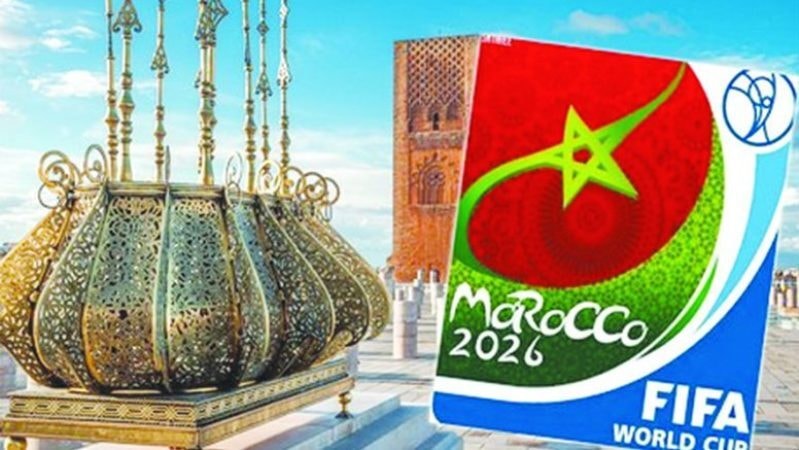 |
| Morocco has applied to host the World Cup five times but failed in the race. Photo: northafricapost |
FIFA's plan opposed or supported?
UEFA was the first federation to boycott. President Aleksander Ceferin wrote to UEFA member associations urging them to resist FIFA's plan. Most of Europe's top leagues such as the Premier League, La Liga, Bundesliga or Ligue 1 also supported UEFA.
European football is the focus of the world football world, with the top 5 leagues and the Champions League. The last time a non-European team won the World Cup was Brazil, 19 years ago.
On September 10, the South American Football Confederation (CONMEBOL) also protested FIFA’s decision to shorten the World Cup cycle. UEFA and CONMEBOL may be alone in their fight with FIFA. Many big clubs are being taken over by owners from the Middle East, the US or China. The power of top football is shifting to Asia or North America, helping FIFA take advantage of the opportunity to change the balance with UEFA.
The Confederation of African Football (CAF) has backed FIFA’s plan. In Asia, more and more countries support shortening the World Cup cycle. Some famous players such as Javier Mascherano, Peter Schmeichel, Ronaldo Nazario and Yaya Toure have also agreed with Wenger.
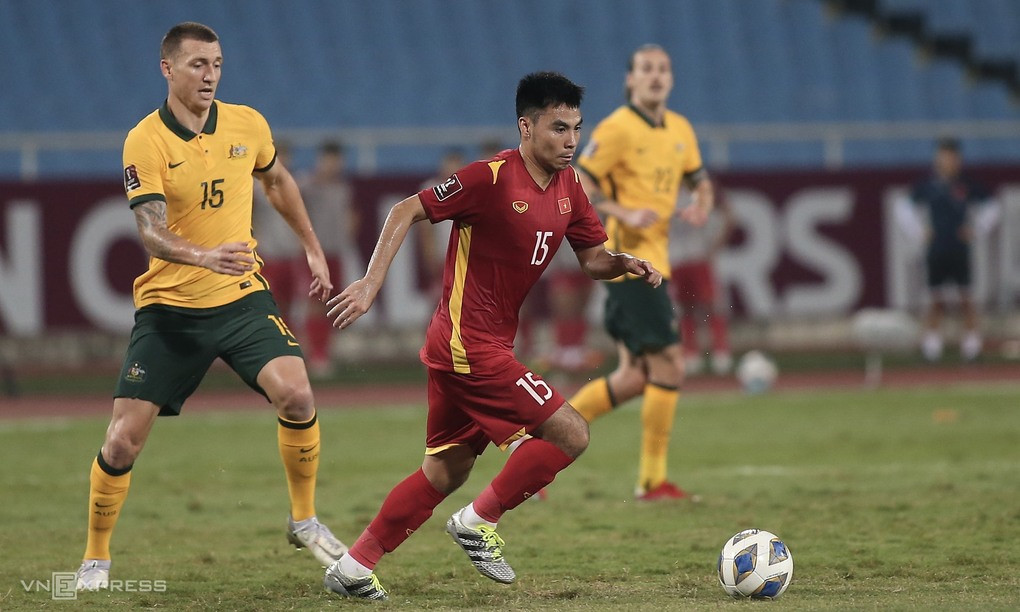 |
| Shortening the World Cup cycle also creates more opportunities for teams like Vietnam to participate in the tournament for the first time. Photo: Lam Thoa |
How to organize the World Cup every 2 years?
Wenger has proposed having just two international breaks each year, in March and October. Each qualifying group will consist of just four teams, each playing six games. Wenger believes this will ensure more exciting and emotional matches.
FIFA is still working out the details, so there is nothing official yet about how the tournament will be organized. However, weak teams like Andorra, San Marino or Gibraltar will have to play in the preliminary round and will no longer play against strong teams in Europe in the qualifying round.
Wenger believes that the beauty and prestige of a tournament depends on quality rather than frequency. He said the two-year cycle will bring high-class and memorable international matches.
The former Arsenal manager believes that by having just two international breaks a year, top clubs would see the positives. Club fixtures would be less disrupted, and players would stay with their clubs longer. Wenger is also proposing a minimum 25-day break for players after each international tournament.
When will FIFA make an official decision?
Wenger believes that this plan will be completed by the end of 2021. But due to strong opposition from UEFA and CONMEBOL, FIFA's calculations may be delayed.
For this idea to be approved, FIFA needs more than 50% of the 211 member countries to vote in favor. The vote will only take place at the 72nd FIFA Congress in 2022. UEFA has planned to hold Euro 2024 in Germany. If FIFA approves the decision to shorten the World Cup cycle, they will have to wait until 2028.

